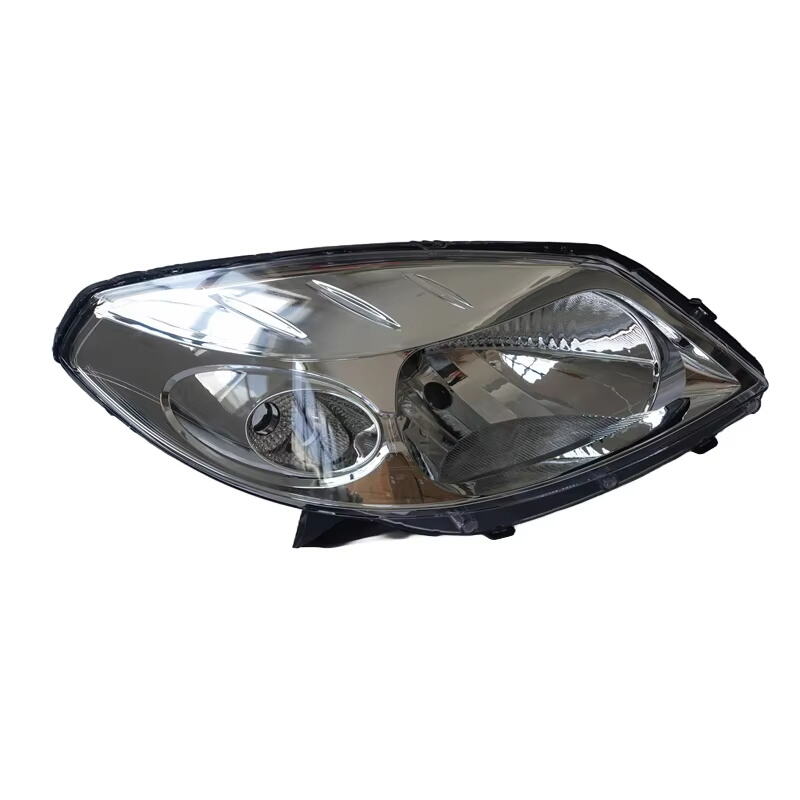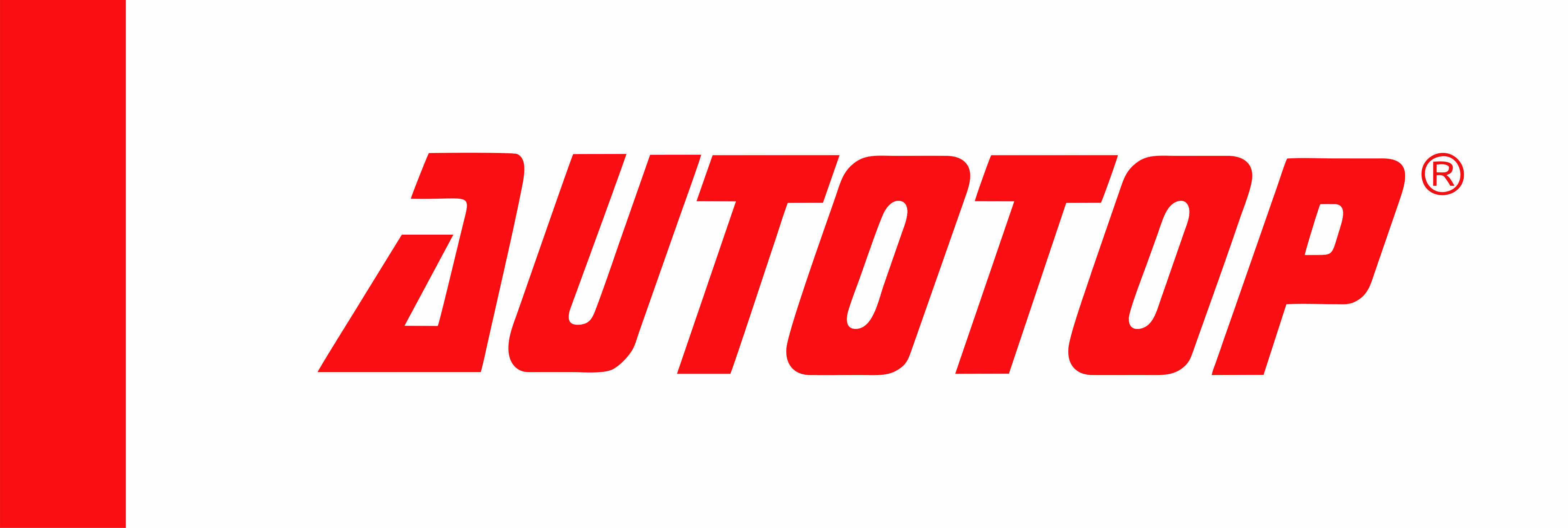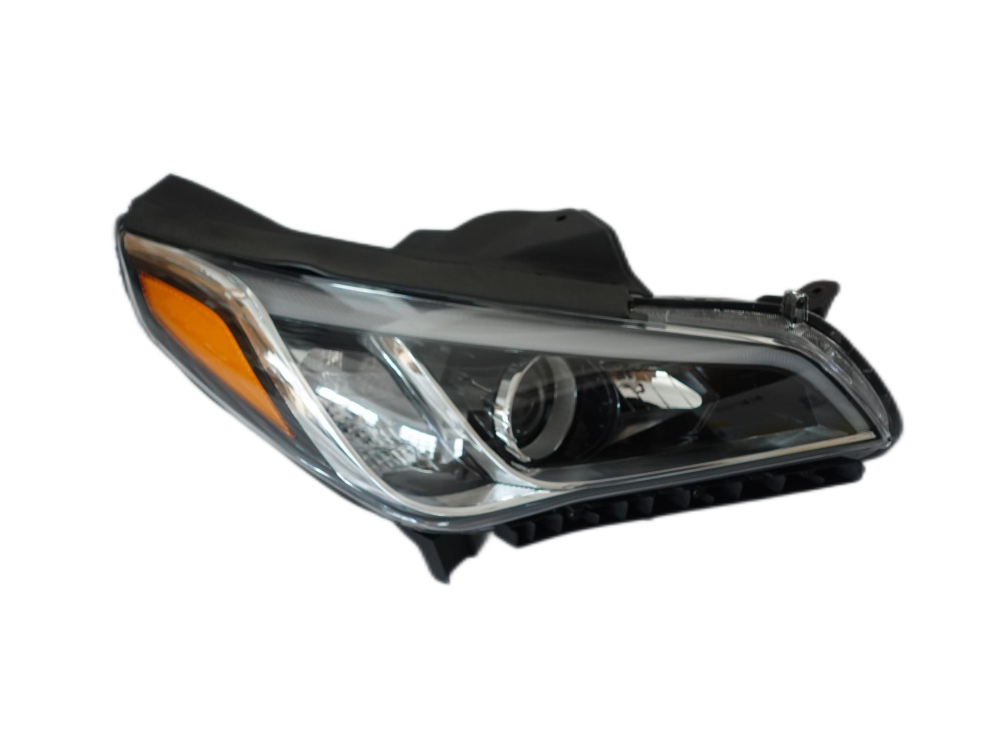차량 그릴의 이해: 성능과 스타일의 관문
차량 그릴 단지 차량 전면부의 장식 요소 이상의 역할을 합니다. 이 핵심 부품은 엔진 보호와 차량의 미적 외관 형성이라는 두 가지 중요한 기능을 수행합니다. 현재 사용 중인 그릴을 업그레이드하거나 손상된 그릴을 교체하려는 경우, 단순한 외관을 넘어서 다양한 요소를 신중히 고려하여 적절한 차량 그릴을 선택해야 합니다.
오늘날 자동차 시장에서는 다양한 그릴 옵션을 제공하며, 각각은 서로 다른 차량 브랜드 및 모델에 어울리도록 설계되었을 뿐 아니라 특정 기능적 목적도 수행합니다. 공기 흐름을 극대화하는 메시 스타일 그릴부터 강렬한 인상을 주는 볼렛 디자인까지 선택지는 매우 다양하여 혼란스러울 수 있습니다. 이러한 옵션들을 어떻게 선택해야 하는지 이해한다면 차량의 성능과 외관상 매력을 모두 향상시킬 수 있는 현명한 결정을 내리는 데 도움이 됩니다.
그릴 선택 시 고려해야 할 핵심 요소
재료 품질 및 내구성
차량 그릴의 내구성은 주로 사용된 재질에 따라 달라집니다. 고품질 알루미늄은 강도와 경량성을 잘 조합하여 자동차 애호가들 사이에서 인기 있는 선택입니다. 스테인리스 스틸 그릴은 뛰어난 내구성과 부식 저항성을 제공하므로 혹독한 기상 조건에 자주 노출되는 차량에 이상적입니다. 반면 ABS 플라스틱 그릴은 금속 대비 제품만큼의 수명은 못 미치겠지만 품질을 희생하지 않으면서도 비용 효율적인 해결책을 제공합니다.
재료 옵션을 평가할 때는 지역의 기후 조건과 주행 환경을 고려해야 합니다. 염분 노출이 높은 해안 지역에서는 부식에 강한 재료가 유리할 수 있으며, 도시 지역 운전자는 경미한 충돌이나 파편으로부터 보호받기 위해 충격에 강한 재료를 우선적으로 고려할 수 있습니다.
디자인 호환성 및 외관
차량 그릴은 기존 차량 디자인 언어와 조화를 이루면서 동시에 본인의 스타일 선호도를 반영해야 합니다. 최신 차량들은 전면 패시아에 통합 센서와 카메라를 장착하고 있는 경우가 많아 이러한 기술을 수용할 수 있는 그릴이 필요합니다. 다양한 그릴 디자인이 차량 전체 외관에 긍정적인 효과를 줄 수도 있고 그렇지 않을 수도 있음을 고려해야 하며, 미묘한 변경이 종종 가장 세련된 결과를 만들어낸다는 점을 기억하세요.
선택한 그릴에 제공되는 마감 옵션에 특별히 주의를 기울이십시오. 크롬 마감은 클래식한 매력과 뛰어난 내구성을 제공하는 반면, 블랙 파우더 코팅된 그릴은 현대적이고 공격적인 외관을 제공합니다. 일부 제조업체는 차량의 페인트 색상과 완벽하게 어울리도록 맞춤 색상 매칭 서비스도 제공합니다.

성능 고려사항 및 공기 유량
엔진 냉각 최적화
제대로 설계된 차량 그릴은 엔진의 최적 온도를 유지하는 데 중요한 역할을 합니다. 그릴의 개방 면적 비율(공기가 통과할 수 있는 공간의 비율)은 냉각 효율에 직접적인 영향을 미칩니다. 고성능 차량은 증가된 냉각 요구량을 충족하기 위해 일반적으로 더 큰 개구부가 필요하지만, 일반 운전자는 공기역학과 냉각 요구를 모두 고려한 균형 잡힌 접근 방식에서 이점을 얻을 수 있습니다.
일부 애프터마켓 그릴은 주행 조건에 따라 열리거나 닫힐 수 있는 조절 가능한 요소를 특징으로 하여 두 가지 장점을 모두 제공합니다. 이러한 적응성은 고속도로 주행 시 연료 효율을 향상시키면서도 혹독한 주행 상황에서 충분한 냉각을 보장할 수 있습니다.
공기역학적 영향
차량 그릴의 디자인은 전반적인 공기역학적 성능에 상당한 영향을 미칩니다. 최신 그릴은 종종 드래그를 줄이는 동시에 필요한 공기 흐름을 유지하도록 도와주는 액티브 셔터나 정교하게 설계된 개구부를 포함하고 있습니다. 새로운 그릴을 선택할 때는 해당 디자인이 차량의 연료 효율성과 고속 주행 안정성에 어떤 영향을 미칠지 고려해야 합니다.
성능 중심의 운전자들은 미적 매력과 공기역학적 효율성을 균형 있게 갖춘 그릴 디자인에 특히 주목해야 합니다. 일부 제조업체는 공격적인 외관을 유지하면서도 공기 흐름을 최적화한, 풍동 테스트를 거친 옵션을 제공합니다.
설치 및 유지 관리 요구 사항
전문가 설치 vs 직접 설치 (DIY)
일부 차량 그릴 교체는 DIY 프로젝트로 완료할 수 있지만, 다른 경우에는 전문가의 설치가 필요할 수 있습니다. 차량의 전면 조립 구조의 복잡성과 재보정이 필요한 통합 기술들을 고려하세요. 최신 차량 중 일부는 새로운 그릴을 올바르게 설치하고 설정하기 위해 특수 도구나 컴퓨터 프로그래밍이 필요합니다.
전체 예산에 설치 비용을 반영하고, 선호하는 그릴 제품이 포괄적인 설치 지침을 포함하고 있는지 또는 전문가의 도움이 필요한지 조사하세요. 일부 제조사는 적절한 맞춤 및 기능을 보장해주는 인증된 설치 업체 네트워크를 제공합니다.
장기적인 관리 및 유지보수
그릴의 재질과 마감 처리 방식에 따라 외관과 기능을 유지하기 위해 필요한 관리 수준이 달라집니다. 크롬 마감은 산화를 방지하기 위해 정기적으로 광택 처리가 필요할 수 있는 반면, 분체 코팅된 표면은 일반적으로 일상적인 청소만으로 충분합니다. 차량 그릴의 외관을 유지하는 데 어느 정도의 시간과 노력을 투자할 의향이 있는지 고려하십시오.
잔해물 축적 및 손상을 점검하는 정기적인 청소 일정을 수립하십시오. 일부 그릴 디자인은 탈착 가능한 부품을 포함하여 청소와 유지보수가 더 쉬워지며, 특히 곤충 활동이 많거나 겨울철 도로 제설제 사용이 잦은 지역에서 유리할 수 있습니다.
자주 묻는 질문
차량 그릴을 교체해야 하는지 어떻게 알 수 있나요?
그릴 교체가 필요한 상황은 균열이나 파손과 같은 가시적인 손상, 심한 부식, 부품 누락 또는 엔진 냉각 효율 저하 등으로 확인할 수 있습니다. 이러한 문제 중 하나라도 발견되거나 차량의 온도 게이지에 비정상적인 수치가 나타난다면 교체를 고려해야 합니다.
그릴을 교체하면 차량 보증에 영향을 미칠까요?
일반적으로 애프터마켓 그릴 설치는 다른 부품에 손상을 유발하지 않는 한 차량 보증을 무효화하지 않습니다. 그러나 차량에 전면 센서나 안전 시스템과 연동되는 카메라가 장착되어 있는 경우 보증 조건을 반드시 확인하고 딜러와 상담하는 것이 중요합니다.
그릴 마감 처리를 선택할 때 고려해야 할 사항은 무엇입니까?
그릴 마감을 선택할 때는 지역의 기후 조건, 유지보수 선호도 및 차량의 전반적인 외관을 고려하세요. 크롬 마감은 클래식한 매력을 제공하지만 더 많은 관리가 필요하며, 파우더 코팅 옵션은 최소한의 유지보수로 뛰어난 내구성을 제공합니다. 또한 마감 처리가 차량의 기존 색상 구성과 트림 요소와 어떻게 조화를 이루는지 고려해야 합니다.


